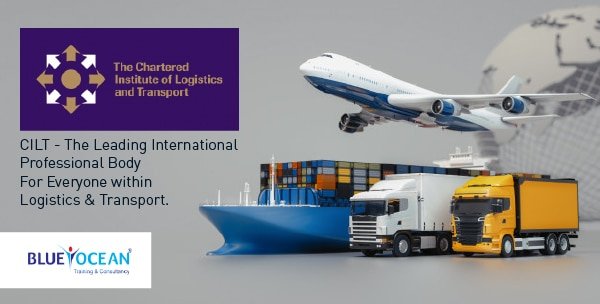The field of aviation logistics is so large that almost any business organization may be viewed as a potential employer for a logistics graduate. The type of businesses and organizations most likely to employ logistics managers include communication, consulting, government and military, manufacturing, material handling, merchandising, retail, software and computer service, telecommunications and transportation firms, equipment manufacturers and dealers, print media, public warehouses and wholesale distributors.

Those firms specializing in the movement of goods and people by air, and the large numbers of companies that support them, represent the area of aviation logistics. Opportunities for careers worldwide abound as international corporations tend to hire a large number of graduates.
Course Contents
Aviation Logistics
Air Cargo
- Supply chains under pressure
- Air cargo’s strengths
- Model shift
Air Cargo History
- Globalization
- Environmental pressure
- Airport types
- Integrators
Cargo Handling Agents – The Impact of It
- Operations at cargo agencies, airlines, and freight forwarders
- Air cargo acceptance basic rating principles
- Air waybill completion
- Industry terminology and abbreviations
- Air Cargo Tariff Rules and other cargo manuals
Cargo Security and Risk
- Threats to aviation and introduction to cargo security;
- Importance of implementation of security measures;
- Catering and mail security;
- Crime prevention;
- Recognition and management of treats;
- Human factors in Cargo security.

